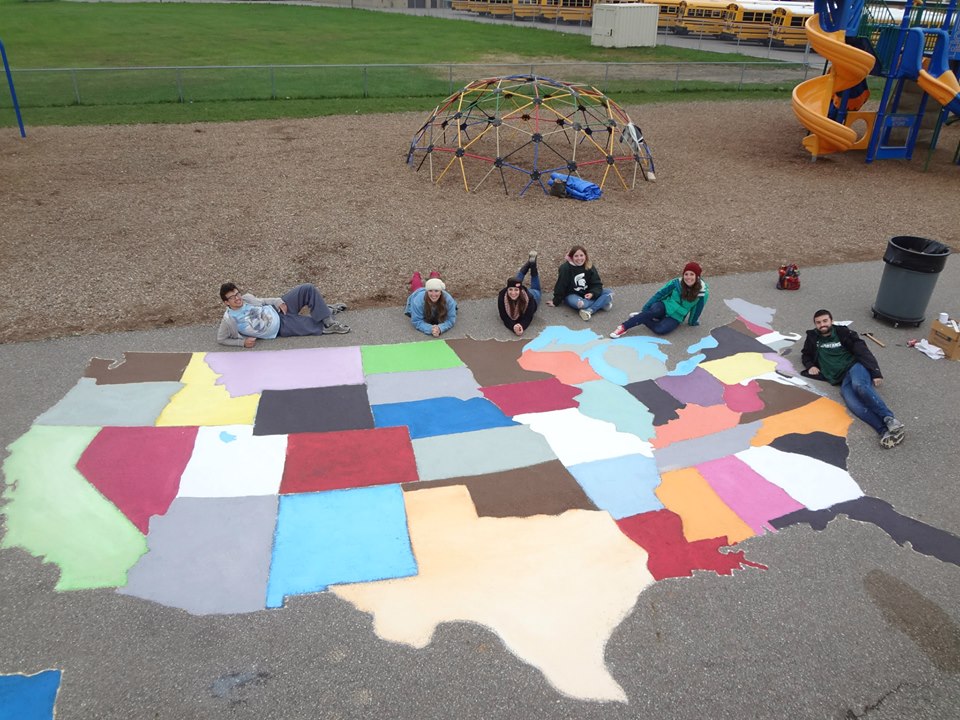Redesigned GEO 330v Explores the Regional Geography of the U.S.
August 24, 2020
 Although September may not be the start of a new calendar year, for many of us, it signals the excitement of a new academic year. And as we prepare for the kickoff of the Fall Semester, the onGEO program at Michigan State University is pleased to announce the launch of a newly redesigned version GEO 330v.
Although September may not be the start of a new calendar year, for many of us, it signals the excitement of a new academic year. And as we prepare for the kickoff of the Fall Semester, the onGEO program at Michigan State University is pleased to announce the launch of a newly redesigned version GEO 330v.
For several decades, GEO 330, known as Geography of the United States and Canada, was offered as a traditional lecture-style course during the fall and spring semesters. And for more than 15 years, an online version of the course, GEO 330v, has also been offered during the summer.
Over time, however, faculty and students began to wonder if splitting the course into separate offerings could provide a much more in-depth exploration of the two countries that comprise the North American continent. After a great deal of work to re-frame the original course material, as well as an in-depth effort to create a new offering centered on the geography of Canada, the vision is becoming a reality. This fall, the new GEO 330v, redesigned by Juliegh Bookout and taught by Rui Zhang, will launch as Regional Geography of the United States. And coming in the spring of 2021, the MSU course catalog will see the addition of GEO 331, Geography of Canada, designed and taught by Dr. Catherine Yansa.
Taking a regional approach, GEO 330v introduces students to the human and physical landscapes of the United States. Each regional lesson is designed to help students understand why landscapes differ from place to place and what one could expect to find on the cultural landscape today. An exploration of the physical setting and historical settlement set the stage, providing insight into one of geography's foundation questions: why there? New to the course this fall are three, additional video-based modules that focus on broader topics that have influence and impact in every region: early settlement and expansion, agricultural and food, and urbanization. These modules are designed to promote critical thinking by presenting multiple perspectives and ways of thinking about each of these topics. Accompanying each module is a reflection assignment that gives students the opportunity to demonstrate understanding of these perspectives and an application assignment that asks students to apply what they have learned. GEO 330v is ideal for students who wish to gain regional geographical knowledge while expanding their understanding of the interconnections among people and place within the United States.
For more information, or to view the course syllabus, please visit the course description on the onGEO website.

